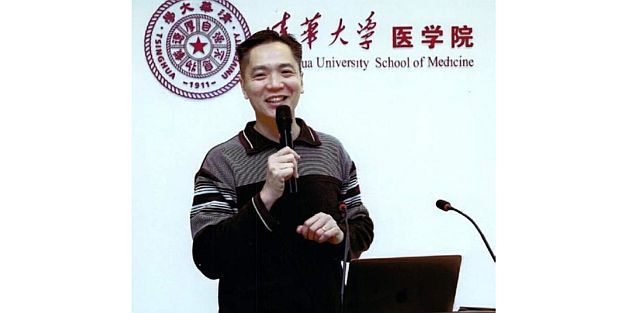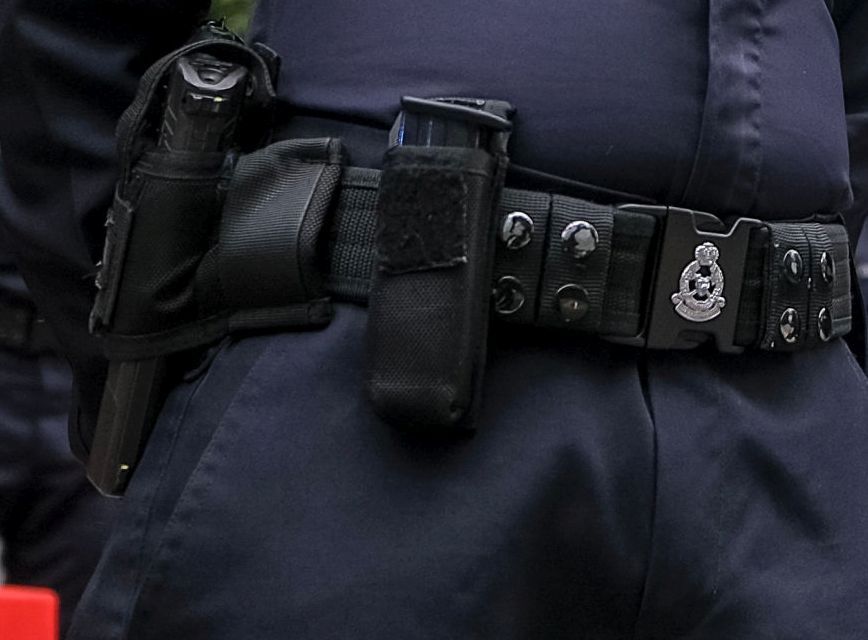
Prof Dr Kee Keh Hooi from the School of Medicine, Tsinghua University in Beijing.
KUALA LUMPUR: It may seem like a galaxy far, far away when human beings from earth can stay for a long period of time in a spacecraft or even on the moon or Mars, but Malaysian scientist Prof Dr Kee Keh Kooi is already doing research on its effects on human bodies.
The Tsinghua University lecturer is heading a team to study how gravity and even radiation affect the development of human embryonic stem cells in space.
In short, understanding how human reproduction will affect human beings who will spend a long time in space.
The research is also to find answers as to how the human embryonic stem can differentiate in space.
“It is already happening as Chinese astronauts could stay for a period of time in a station on the moon, astronauts could orbit around the earth, and even ordinary people could travel to space,’’ he said.
The Sitiawan-born renowned academician was interviewed online from Beijing by Star Media Group adviser Datuk Seri Wong Chun Wai on his webcast programme @realchunwai on Thursday.
His accomplishment was highlighted by Prime Minister Datuk Seri Anwar Ibrahim when he spoke at Tsinghua University during an official visit to China last month.
China recently announced its readiness to start its lunar base on the moon within five years, ahead of landing astronauts there in subsequent years.
Dr Kee has also conducted his research via China’s first cargo spacecraft, Tianzhou-1, which was launched in 2017.
Its main task was to deliver fuel and supplies to the orbiting Tiangong 2 space lab, but it also played host to ground-breaking scientific experiments conducted remotely by earth-based scientists in China.
Dr Kee specialises in stem cell research and how it can be cultured for medical technologies to help patients suffering from Parkinson’s and Alzheimer’s diseases and even spinal cord injuries.
Besides devoting his time in laboratories, he also lectures undergraduate and post-graduate students at Tsinghua, which is regarded as China’s top university.
He spent decades in the United States, where he obtained bachelor’s and master’s degrees at Iowa State University. This was followed by a PhD at Weill Cornell University.
Later, he worked at the University of California, San Francisco, before taking up a three-year stint as a research associate at Stanford University.
The opportunity for him to take a leading role as a principal researcher came when he applied for a post at Tsinghua University after seeing a vacancy advertised in an academic journal in 2009.
“There was an opening for stem cell research at the university, and it caught my interest immediately,’’ he said.
Asked about the differences in the manner in which research is conducted in China and the United States, Dr Kee said that in the United States, individual research was common, while in China, a team of between 50 and 100 people could be involved in a big project.
Despite having spent over 12 years in Beijing, Dr Kee, who grew up in Johor Baru, makes it a point to visit Malaysia annually, especially during Chinese New Year.
His parents, who moved to Johor Baru from Sitiawan to run a coffee shop, are still operating at the premises in Gelang Patah.
Dr Kee is a former student of Foon Yew High School, one of the elite independent schools in Johor.
“Balik kampung is always on my mind. The minute China reopened its border, I took my family home to Malaysia for three weeks,” he said.
Dr Kee, who was born in Kampung Remis, a small fishing village, described himself as a kampung boy. His family, he said, is “a simple Teochew family”.
Dr Kee said he would be happy to conduct talks on his work at Malaysian universities if there are opportunities.
His advice to Malaysians who wish to study at Tsinghua or Peking University is simply to study hard, get good grades and be focused.
However, he added that there are many other universities in China besides these top two.
He said Tsinghua also offers other disciplines, especially at the post-graduate level in economics, architecture, and law, which are conducted in English for international students.
To watch the full interview with Dr Kee, follow @realchuwai on Facebook and YouTube.










































